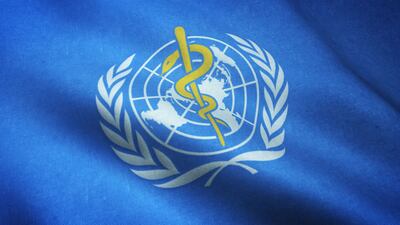A study from Harvard researchers identified advanced imaging as one factor driving higher health-care costs in the US, but a coalition of imaging companies, physicians and patient groups said the study has not "accurately portrayed the state of medical imaging in the US." The researchers narrowly focused on the commercial market and failed to account for the ongoing adoption of appropriate use criteria (AUC) for imaging, says the Access to Medical Imaging Coalition (AMIC.)
AMIC Executive Director Tim Trysla, said the results of the study, titled, "Health Care Spending in the United States and Other High-Income Countries," were misleading, because it "does not provide a full picture of medical imaging in the
Read the full article – start your free trial today!
Join thousands of industry professionals who rely on Medtech Insight for daily insights
- Start your 7-day free trial
- Explore trusted news, analysis, and insights
- Access comprehensive global coverage
- Enjoy instant access – no credit card required
Already a subscriber?







